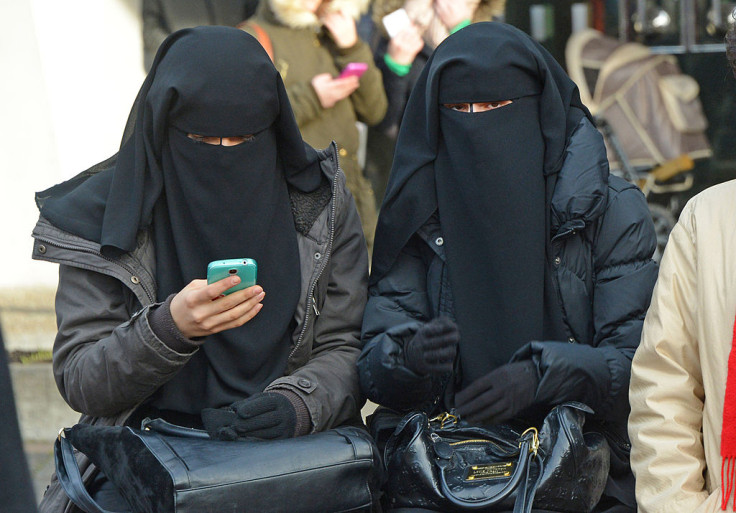Judge orders Tower Hamlets to investigate 'very concerning' Muslim foster family case
The girl is said to have told her mother that "Christmas is stupid" and European women are "alcoholic".

A judge has ruled that a five-year-old Christian girl should be returned to a family member in a case where it was claimed she was placed in a Muslim foster family and encouraged to speak Arabic.
Judge Khatun Sapnara also ordered Tower Hamlets council in East London to conduct an urgent investigation into the case, which she called a "very concerning" matter of legitimate public interest.
The Muslim judge added that children needed "culturally matched placements" at the East London family court yesterday (29 August) in a case that has attracted widespread public attention.
A Christian girl who speaks English as her first language, has been placed with two different Muslim households over the past six months, the Times newspaper reported at the start of the week.
She is said to have told her mother since the placements that "Christmas is stupid" and European women are "alcoholic".
The girl was reportedly told to remove her Christian cross necklace and was not allowed to eat her favourite Italian meal carbonara given to her by her mother because it contained bacon. She was also encouraged to learn Arabic.
The foster placements were made against the wishes of the girl's family, the paper reported. In one of the homes, the foster mother wore a niqab, while in the other the foster mother wore a burqa, both of which fully cover the face.
Wearing the niqab or burqa tends to indicate adherence to a very conservative, Salafi-influenced interpretation of Islam. The child and her carers have not been identified.
Child welfare
Local authorities are supposed to consider religious, racial, cultural and linguistic background when making fostering decisions, under The Children Act 1989 which states the authority should "have regard to the different racial groups to which children within their area who are in need belong."
Robert Halfon, the Conservative chairman of the Commons education committee, said the case raised concerns, adding it would be equally worrying if a Muslim child who did not speak English were placed with a Christian foster carer in a home where the child's language was not spoken.
The children's commissioner for England, Anne Longfield, confirmed it would be contacting Tower Hamlets council to find out why the decision was made.
"I am concerned at these reports. A child's religious, racial and cultural background should be taken into consideration when they are placed with foster carers," Longfield told the Guardian.
Miqdaad Versi, the assistant secretary-general of the Muslim Council of Britain, attacked the reporting in the Times in a tweet: "Demonisation of the foreigner (especially the Muslim foreigner) is the clear undercurrent in this entire piece. It is appalling."
Tower Hamlets Council said there had been several "inaccuracies" in the reporting of the case, particularly the claim that the foster family did not speak English, but it was prohibited from providing specific details.
Tower Hamlets corporate director children's services Debbie Jones said that over the long term it always wanted to have the child cared for by a family member.
But she added: "Once the decision was taken to place the child into temporary care, we had to find the best placement available at the time.
"While cultural background is always a significant consideration in making this decision, so too are other factors including remaining in the local area to promote contact with the child's family and for the child to continue at the same school in order to give them as much stability as possible.
A Department for Education spokesman said a child's background should be an "important consideration" for authorities.
© Copyright IBTimes 2024. All rights reserved.






